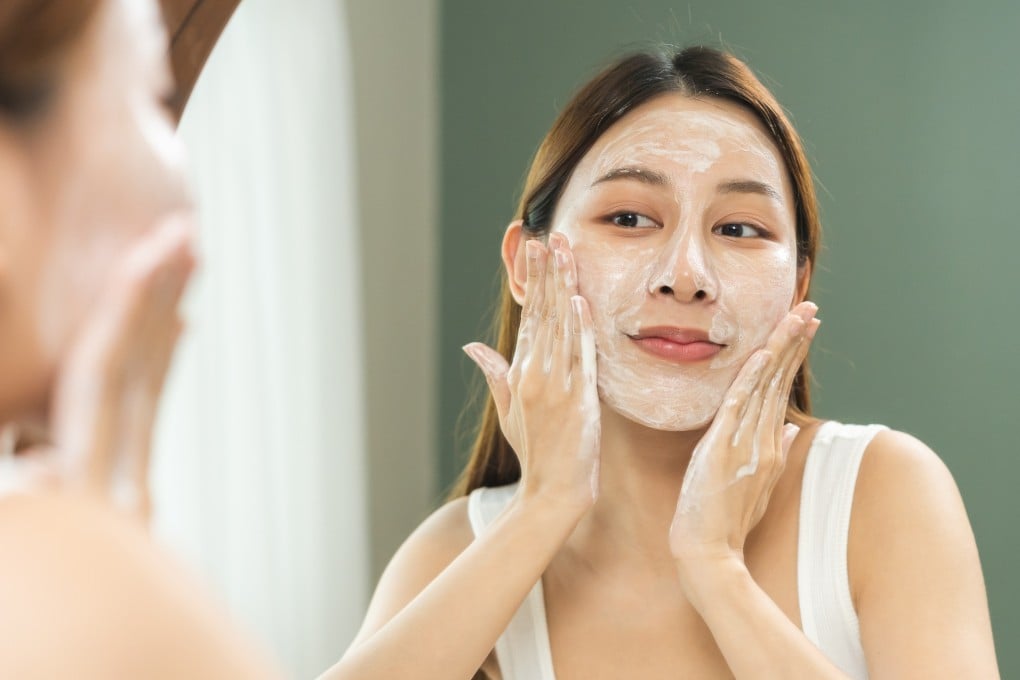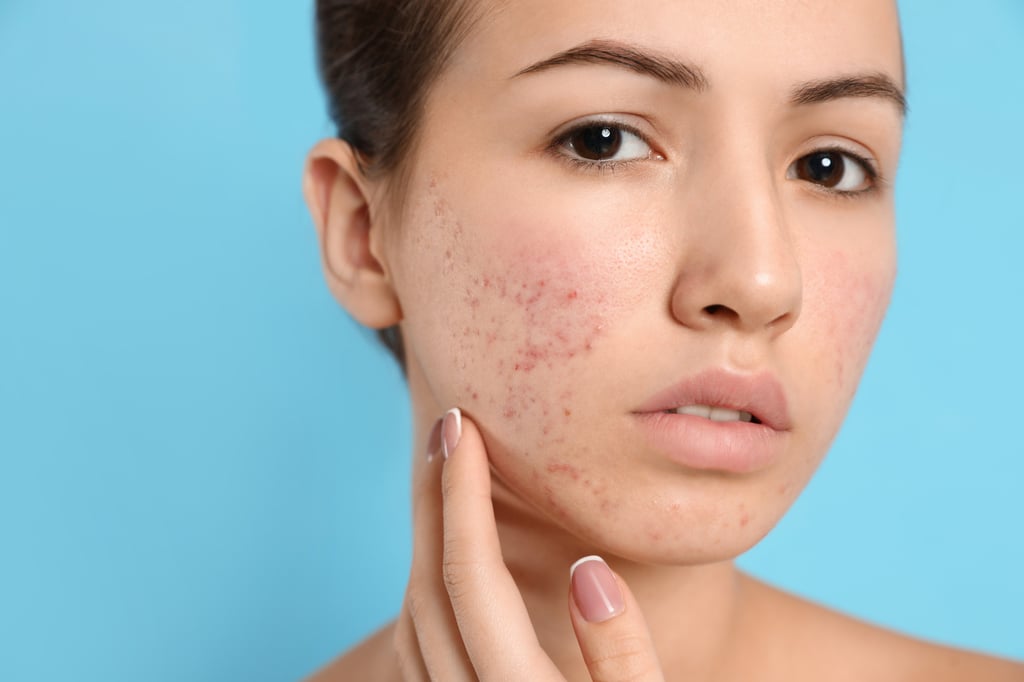Advertisement
7 skincare myths debunked, from oils and retinol to exfoliating and double cleansing
- There is a lot of contradictory information in regards to skincare. Do oils really clog the pores? Can any quick-fix anti-ageing approach have a lasting effect?
- Here are seven of the top skincare myths debunked by leading experts, from whether we really need to double cleanse to why we should not fear exfoliating
Reading Time:4 minutes
Why you can trust SCMP
1

Skincare is an essential part of any daily routine for a flawless and glowing complexion, but how do we know what works when there is so much contradictory information? Do products with oils really clog the pores? Can any quick-fix anti-ageing approach have a lasting effect?
To separate fact from fiction, here are some of the top skincare myths debunked by leading skin experts.
1. Oils do not clog the pores
A common skincare myth is that oils clog the pores, leading to acne and other forms of inflammation. It is a claim that skincare educator Trish Alkaitis, whose father developed one of the first organic skincare lines in 1996, disputes.
Advertisement
“High-quality organic plant oils can restore skin balance quickly,” says Alkaitis, the head of Dr Alkaitis Organic Skin Care, noting that oils have been used in skincare and body care for thousands of years – from head to toe – across various cultures.

“In India, an ancient alternative medicine system called Ayurveda treats numerous ailments both internally and externally using different plant oils,” Alkaitis adds. “From birth onwards, it is customary to massage oneself daily with oils.
Advertisement
“This practice not only moisturises but also calms the nervous system, prevents inflammation and deeply nourishes the skin.”
Advertisement
Select Voice
Choose your listening speed
Get through articles 2x faster
1.25x
250 WPM
Slow
Average
Fast
1.25x